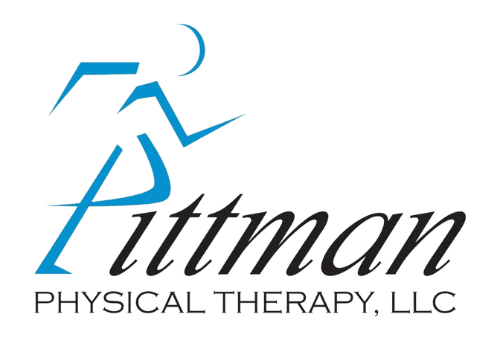You Can Boost Your Energy and Relieve Your Pain Simply by Changing Your Diet
In your daily struggle against pain and inflammation, are you finding yourself reaching for a pill bottle, or are you looking for a healthy lifestyle change? This latter choice will do more for you in terms of long-term function, mobility, and safety.
But what kinds of lifestyle changes should you pursue? In addition to regular exercise, including the types of targeted exercises you might receive in physical therapy, you should examine your sleep, your workplace ergonomics – and your nutrition.
Did you know that some foods have been known to reduce inflammation, whereas some foods have been known to increase it? In fact, according to Harvard Health Publishing, “A lot of chronic pain is the result of chronic inflammation, and the evidence is quite strong that your diet can contribute to increased systemic inflammation.”
Below are five ways that proper nutritional strategies can help you control pain and inflammation in your daily life!
1. Gut-healthy foods can decrease inflammation
Your gut flora have a lot of influence on your overall health and comfort. Eating whole grains, lentils, avocado, low-fat yogurt and other probiotic foods can help you maintain high levels of “good bacteria” in your gut.
This positive balance can help reduce inflammation throughout the body.
2. The right proteins can help build strength
Weak muscles are more vulnerable to injury, pain and inflammation; they also allow your posture to sag, throwing your weight off-balance, subjecting your entire musculoskeletal system to unnecessary discomfort.
Physical therapy exercises can help, but your muscles still need the basic building material known as protein. Getting plenty of lean, healthy proteins (from foods that are relatively low on the inflammation scale) can help you build a body that resists pain and injury.
3. Healthy eating habits can help with losing any unwanted weight
Obesity has been associated with all kinds of problems, from heart diseases and type 2 diabetes to liver disease and certain kinds of cancer.
But did you know that obesity also hurts? Those added pounds can put a lot of stress on your joints and muscles, especially in the back, hips, knees and feet, where they can contribute to osteoarthritis development.
If the rising number on the scale corresponds to rising pain levels, the right dietary changes can turn things around. Focus on foods that are rich in nutrients, low in fat and sugar, and served in sensible portion sizes. You’ll shed pain as you shed pounds!
4. Nutritious foods keep you healthy by boosting your immune system
When your immune system malfunctions, pain often results. Autoimmune disorders are responsible for such painful chronic conditions as rheumatoid arthritis.
Eating foods rich in omega-3 fatty acids, zinc, selenium, probiotics, and vitamins A and D can help you avoid or control autoimmune diseases, thus helping you enjoy greater comfort and a higher standard of overall wellness.
5. Some foods act as natural anti-inflammatories
As previously mentioned, some foods can aid in inflammation relief, while some can actually make it worse. You may be unintentionally making your inflammation worse if you regularly consume:
- Red meat
- Alcohol
- White bread or other highly-processed carbs
- Caffeinated foods and drinks
- Potatoes, tomatoes, eggplant, and other members of the nightshade family
- Foods heavy in processed sugars and/or trans fats (including cookies, donuts and margarine)
However, there are many foods you can eat to help combat inflammation. Many of the menu items in the traditional Mediterranean diet, for instance, possess natural anti-inflammatory properties.
Foods such as whole grains, fatty fish, olive oil, turmeric, cherries, and cayenne pepper can reduce inflammation and the pain that comes with it.
At the same time, you’ll be eating fewer inflammatory foods such as red meat, fried foods and processed meats, turning the pain management scales decidedly in your favor.
Schedule a consultation to learn more about how nutrition can improve your health and wellness!
Our licensed and dedicated physical therapists have a detailed understanding of how nutrition can affect your physical health, well-being, and comfort.
If you have been dealing with chronic pain and inflammation, contact Pittman Physical Therapy to set up your initial consultation! We can evaluate your situation and recommend the necessary changes to help you feel better all around.



